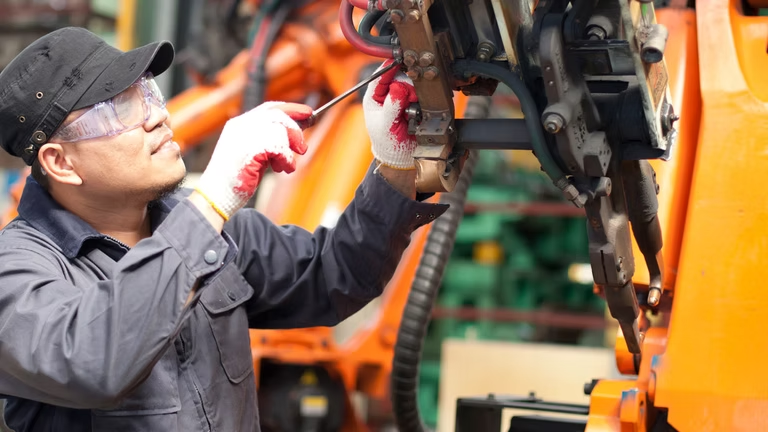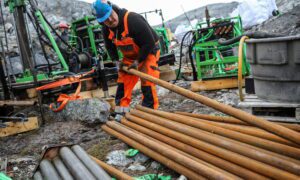In the fast-paced world of construction, mining, agriculture, and logistics, plant machinery is the backbone of productivity. Excavators, bulldozers, forklifts, loaders, and cranes are just some of the heavy equipment used to carry out tasks that would otherwise be impossible or time-consuming. However, with great power comes great responsibility. Operating plant machinery without proper training can lead to accidents, project delays, costly repairs, and even loss of life.
That’s why plant machinery training is not only beneficial but essential for safe and efficient worksites. Below, we explore the key reasons why investing in this training is a smart move for both businesses and workers.
Promotes a Culture of Safety
One of the most important reasons for plant machinery training is workplace safety. Heavy machinery can be dangerous when not handled correctly. Operators who undergo training are taught how to control and manoeuvre equipment safely, understand safety signals, perform pre-operational checks, and respond to emergencies.
Training reduces the likelihood of accidents caused by operator error, which is one of the most common causes of injury on worksites. When all team members understand and adhere to safety protocols, it creates a culture where safety is prioritised, and risks are minimized.
Compliance with Legal and Regulatory Requirements
In many countries, including Australia, the UK, and the US, it is a legal requirement that operators of plant machinery hold valid licenses or certifications. Government bodies such as WorkSafe or OSHA (Occupational Safety and Health Administration) mandate specific training to ensure machinery is operated within safety guidelines.
Failure to comply can lead to heavy penalties, legal action or worksite shutdowns. By ensuring your staff is properly trained and certified, you remain compliant and avoid potential legal liabilities.
Boosts Efficiency and Productivity
Well-trained operators know how to use equipment to the fullest potential. They understand the machinery’s capabilities, limitations, and the most efficient techniques for performing tasks. This results in faster turnaround times, fewer mistakes, and less downtime.
Efficiency on the worksite is not just about speed—it’s about getting the job done correctly the first time. Trained workers are more confident and capable, which means less supervision is needed and more can be accomplished within deadlines.
Reduces Equipment Damage and Maintenance Costs
Untrained operators are more likely to misuse machinery, leading to wear and tear, breakdowns, and expensive repairs. Common mistakes—like overloading equipment, improper handling, or neglecting maintenance checks—can significantly shorten a machine’s lifespan.
Training teaches operators how to care for the equipment they use. This includes daily inspections, recognising signs of malfunction, and understanding how to operate machines without pushing them beyond their limits. As a result, businesses save money in the long run.
Improves Worker Morale and Job Satisfaction
Offering training opportunities shows employees that their employer values their development and safety. It can lead to increased job satisfaction, better morale, and higher retention rates.
Moreover, workers who feel confident and capable in their roles are more likely to take pride in their work. Giving staff the tools they need to succeed—literally and figuratively—empowers them and enhances overall team performance.
Adaptability to New Technologies
Regular plant machinery training ensures operators stay up to date with the latest systems and innovations, which can give your company a competitive edge.
Whether it’s learning to use GPS-guided equipment, telematics systems, or eco-friendly electric machines, training helps workers stay current and adaptable in a rapidly changing environment.
Final Thoughts
Plant machinery training isn’t just a regulatory checkbox—it’s a proactive investment in your team, your equipment, and your business’s reputation.
By prioritising comprehensive training programs, companies create safer worksites, reduce costs, and unlock greater operational success. Whether you’re a business owner, project manager, or worker, remember: trained operators are safe operators—and that’s the foundation of a thriving worksite.

































